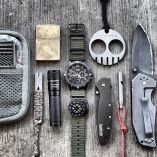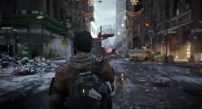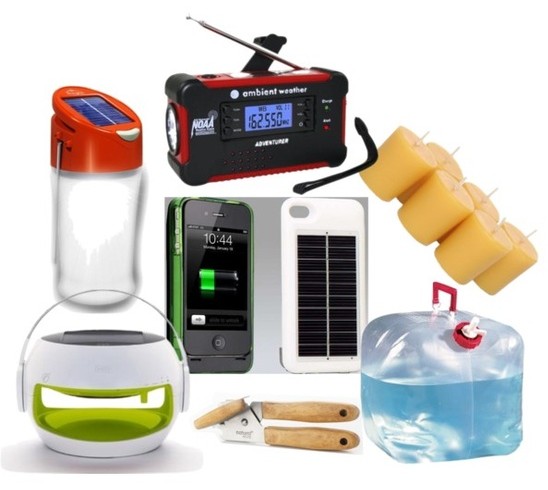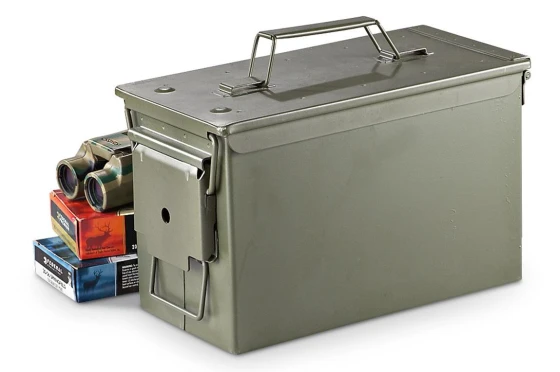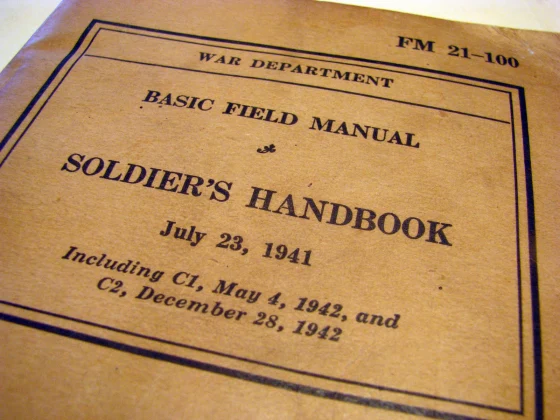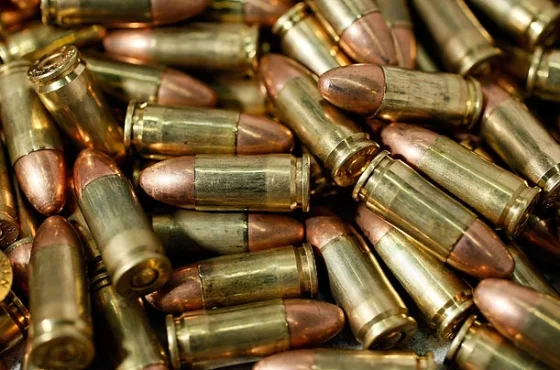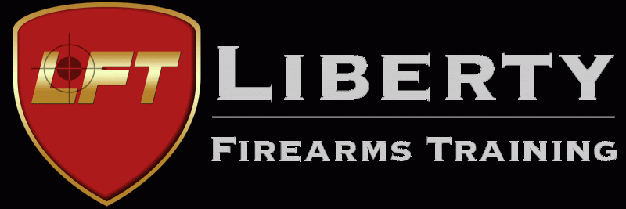Neighborhood Watch and Mutual Aid Philosophy:
The police hold a duty to protect the community at large, not individual citizens. The United States Supreme Court ruled, in 2005, that police do not have a constitutional responsibility to protect a person from harm, even when a known danger exists. Translations: After a major disaster or during social unrest you and yours are on your own. Looters will roam the neighborhoods in packs, usually at night, looking for easy targets. The cops on the street, besides the ones who are still at home keeping their own families safe, will stay mostly in the public and commercial areas. They probably won’t venture into the suburbs or residential areas. The National Guard will be assigned to major, strategic intersections and locations. The security and enforcement personnel will quickly become exhausted and reactive. You will have a much better chance of handling an emergency or security issue if you have some type of group organization in your neighborhood or on your street.
During the good times pay attention to who are the able-bodied, similar minded people in your neighborhood. Keep mental notes of who has had military, law-enforcement, medical, or similar training. Also keep in mind who has firearms. When the opportunity arises, strike up conversations regarding a possible collective plan on how to protect your community after a disaster or during social unrest. Small town fire and police departments have mutual aid agreements. If there is a disaster or emergency on a scale greater than a department can handle, the adjoining agencies will pitch in to help. Adopt a mutual aid policy with your neighbors. There is strength in numbers.
Neighborhood Communications:
Suggest that all the members of your mutual-aid agreement have a set of Motorola or similar brand of GMRS radios (as discussed in Savannah Arsenal’s Communications page). Cell phones and landlines will most likely be out of service during a serious crisis. If all the members of your “neighborhood watch” or “mutual assistance group” monitor their radios, it will be much easier and safer to summon help, especially at night when it isn’t necessarily safe to go around knocking on doors. Have a mutual plan of how everyone should respond to various types of emergencies.
In addition to security there are many other benefits to creating a mutual-aid policy.









